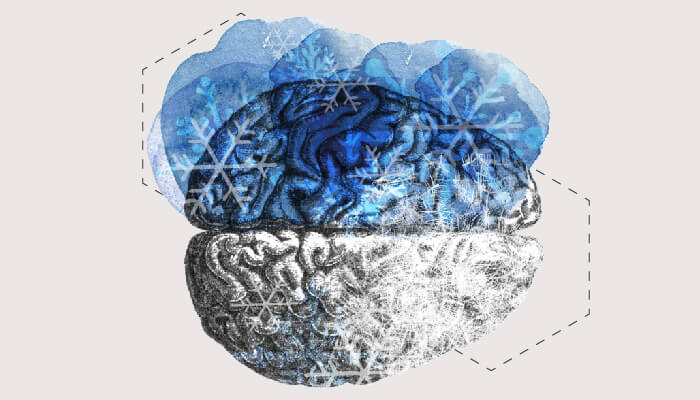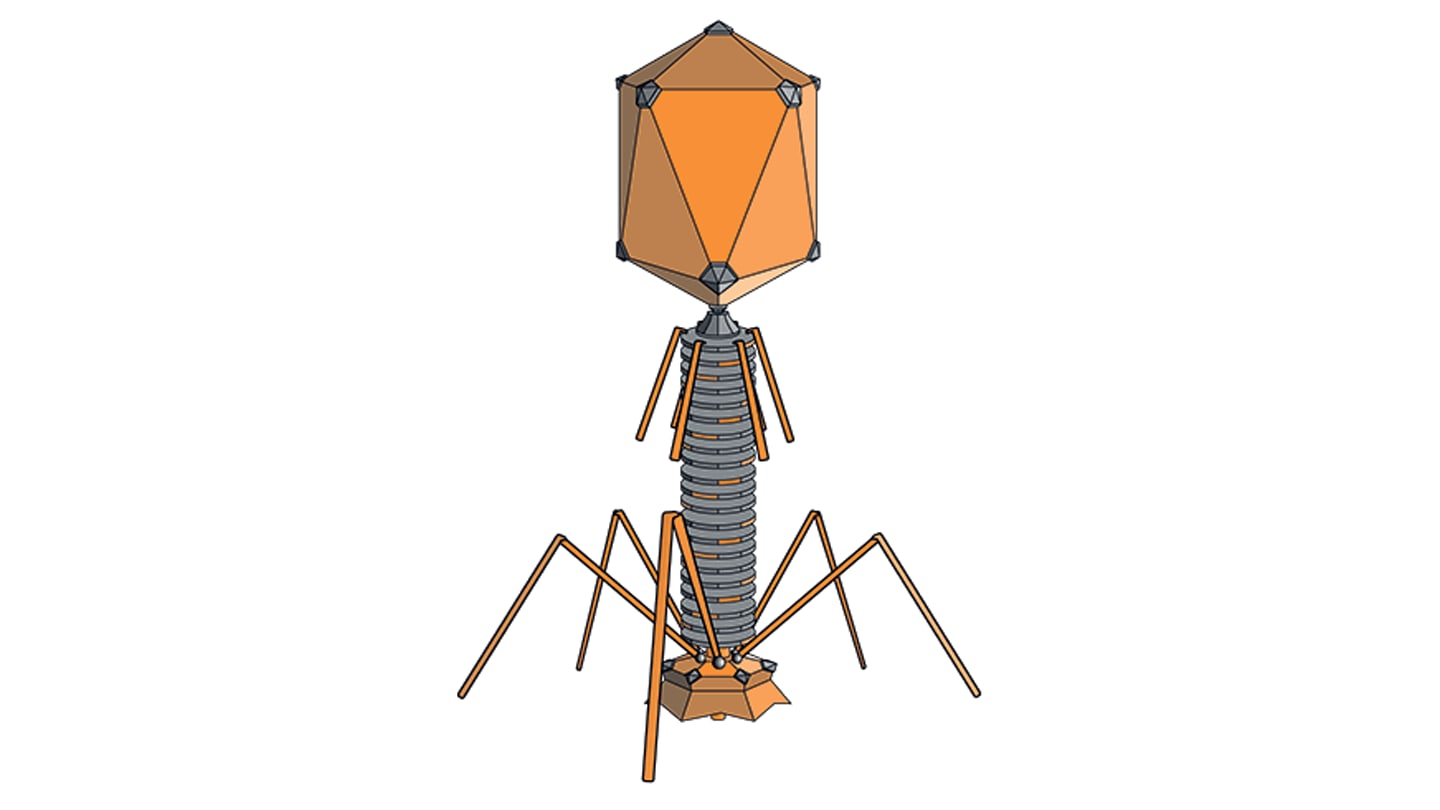A class of potential therapeutics called geroprotectors aim to tackle the onset of age-related disease, and are associated with slowing the rate of biological aging. Now, researchers at the Salk Institute for Biological Studies have identified a subset of geroprotectors – dubbed “geroneuroprotectors” – that they believe could be valuable as drug candidates for AD. They found that these compounds reduce the molecular markers of aging and AD itself (1).
“Old age is the major risk factor for many diseases,” says Pamela Maher, Senior Staff Scientist at the Salk Institute. “The idea is that if you can slow down the aging process then you can slow down the development of these diseases.”
The group used bioactive compounds derived from plants as the basis of their research. “It’s very easy to forget that plants were the medicines of the original pharmacopeia. Many established drugs, such as aspirin, are based on plants. So, it was only rational for us to begin our research exploiting the potential of plants,” Maher says.
Fisetin (a polyphenol found in a variety of fruit and vegetable products), curcumin (derived from turmeric) and three drug candidates derived from these two widely available compounds were assessed to determine their ability to slow down the progression of AD. The Salk researchers found that CMS121, CAD31 (fisetin derived) and J147 (curcumin derived) were able to curb the onset of dementia-like symptoms and expand the median lifespan of mice and/or flies. Though the compounds did not have an effect on maximal lifespan, the group notes that an extended median lifespan is associated with longer periods of good health and the reduced likelihood of disease development.

References
- D Schubert et al., “Geroneuroprotectors: Effective Geroprotectors for the Brain,” Trends in Pharmacological Sciences, 39, 1004-1007 (2018).




